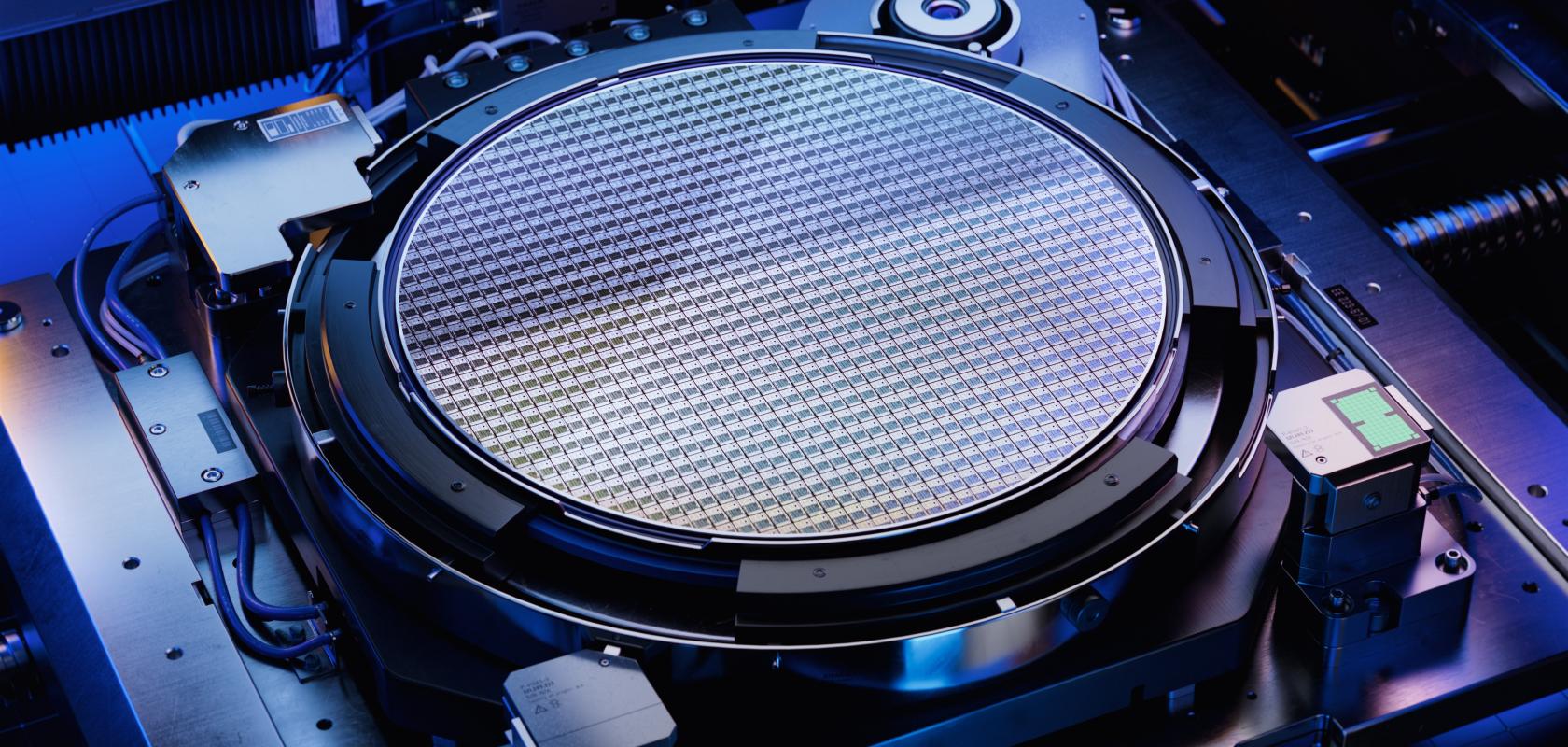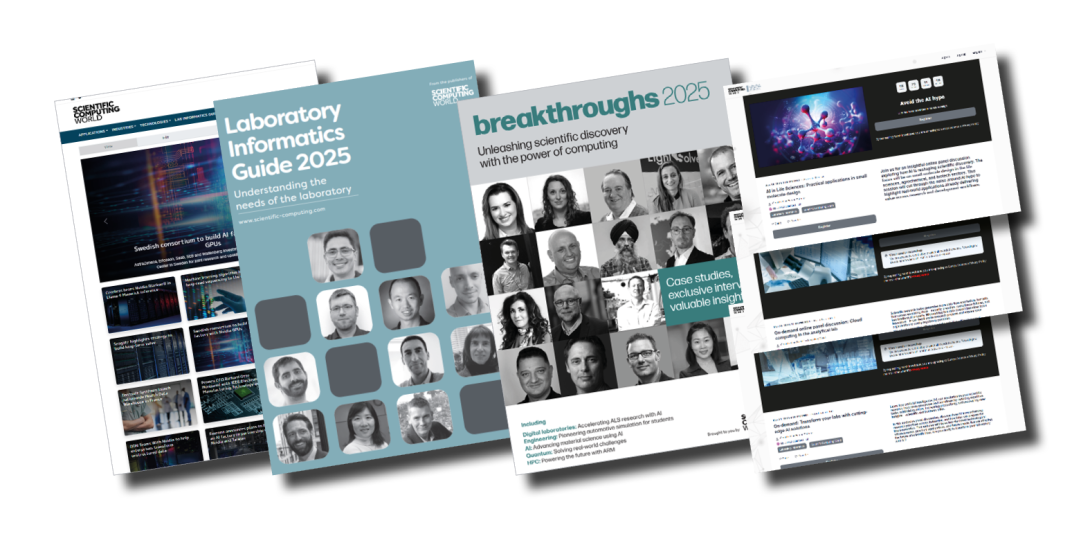Computer simulations help scientists advance energy-efficient microelectronics

Credit: IM Imagery/Shutterstock
Berkeley Lab scientists are working to revolutionise the transistor, one of the fundamental components in computer microchips, for superior performance and energy efficiency. Recent work has shown the promise of new transistor materials that use an unusual property called negative capacitance to enable more efficient memory and logic devices. When a material has negative capacitance, it can store a greater amount of electrical charge at lower voltages, which is the opposite of what happens in conventional capacitive materials.

Register for FREE to keep reading
Join 12,000+ scientists, engineers, and IT professionals driving innovation through informatics, HPC, and simulation with:
- Insights into HPC, AI, lab informatics & data
- Curated content for life sciences, engineering & academia
- Access to Breakthroughs: real-world computing success
- Free reports & panels, including the Lab Informatics Guide
- White Papers & software updates for smarter research
Sign up now
Already a member? Log in here
Your data is protected under our privacy policy.

